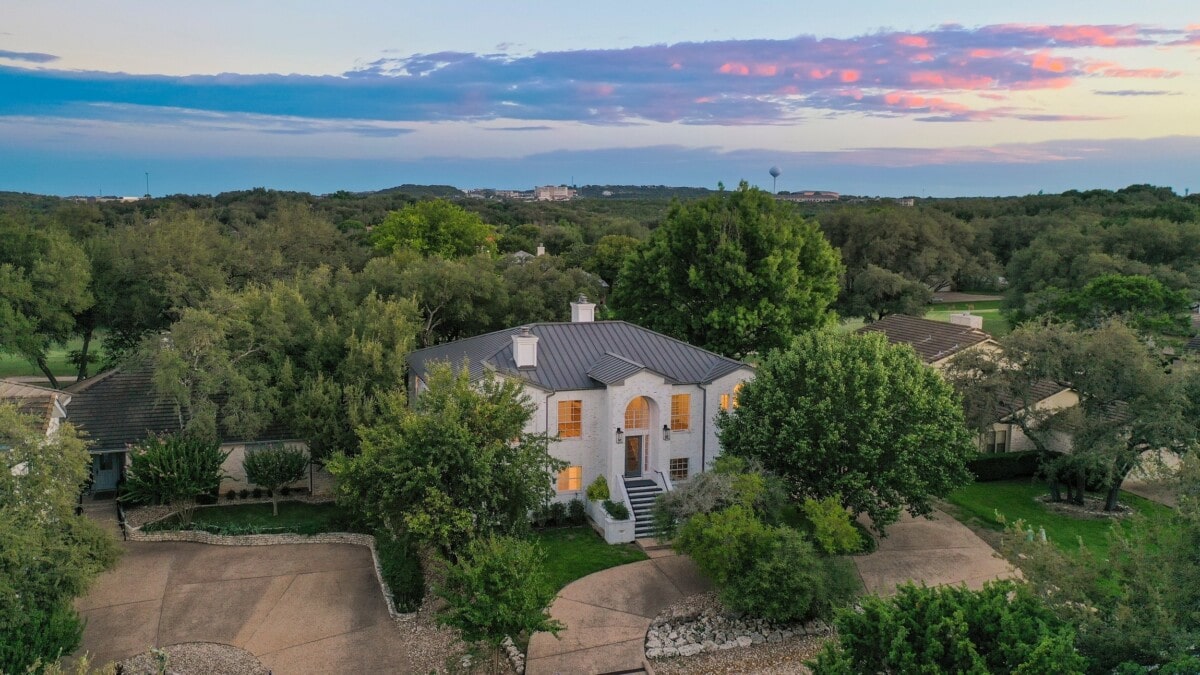For many individuals and families, owning a home in North Carolina is a lifelong dream. However, with rising real estate prices, some may find themselves seeking financing beyond the conforming loan limit. This is when you may need to apply for a jumbo loan. Whether your sights are set on a charming Greensboro home or a sprawling estate in Charlotte, join us as we delve into the intricacies of jumbo loans in North Carolina in 2024.

What is a jumbo loan?
In North Carolina, a jumbo loan is a type of mortgage used to finance a property that exceeds the conforming loan limits set by the Federal Housing Finance Agency (FHFA). Jumbo loans are typically necessary for expensive homes or properties in high-priced housing markets. These loans are specialized and designed to accommodate larger amounts of borrowing for upscale and luxurious properties.
If you find yourself in a situation where the home you wish to purchase requires borrowing beyond the conforming loan limit (CLL), then you’ll need to pursue a jumbo loan. But because of the larger loan amounts and increased risk for lenders, North Carolina jumbo loans often come with higher interest rates and stricter requirements than conventional loans. For instance, a larger down payment and a higher credit score may be required to qualify for a jumbo loan.
Get pre-approved and secure your dream home
Your future home is just a tap away
Explore homes with the Redfin app anytime, anywhere.
What is the jumbo loan limit in North Carolina?
Your future home is just a tap away
In North Carolina, the conforming loan limit is $766,550 across all counties. For example, if you’re buying a home in Durham County, where the median sale price is $400,000, a loan limit exceeding $766,550 would be considered a jumbo loan.
As a reminder, the amount being borrowed is what determines whether or not you’ll need a jumbo loan, not the price of the home. So, if you were to put $50,000 down on a $750,000 home in Charlotte, the mortgage would be $700,000, which is under the conforming loan limit for this area. In this case, your loan wouldn’t be considered a jumbo loan.
You can find the conforming loan limits for your county by using this FHFA map.
What are the requirements for a jumbo loan in North Carolina?
As previously mentioned, the requirements for a jumbo loan are much more stringent than a conforming loan. The specific requirements can vary from lender to lender, but below are the typical requirements for borrowers seeking a jumbo loan.
Higher credit score: In order to be eligible for a jumbo mortgage, lenders generally expect homebuyers to have a credit score of at least 720. While some lenders may consider a score as low as 660, a credit score of less than that is typically not accepted.
Larger down payment: Obtaining a jumbo loan typically requires a larger down payment compared to a conforming loan. Lenders may require a down payment of 10% to 20% or more, depending on the specific loan program and the borrower’s financial situation. If you’re approved with a down payment less than 20%, keep in mind you’ll most likely be required to purchase private mortgage insurance (PMI).
More assets: Jumbo loan lenders generally require borrowers to demonstrate a strong financial profile, including substantial liquid assets or savings. To qualify for a jumbo loan, borrowers must have enough reserves to cover at least one year of mortgage payments. This requirement ensures that borrowers have the financial flexibility to meet their loan obligations in the event of a financial hardship.
Lower debt-to-income ratio (DTI): Lenders look at a borrower’s DTI (debt-to-income ratio) to assess their creditworthiness and spending habits. For a conforming loan, a DTI as high as 50% may be acceptable to some lenders. However, jumbo loan applicants are required to have a lower DTI, ideally under 43% and closer to 36%. This is because jumbo loans are riskier for lenders due to the larger loan amounts. Borrowers with a higher DTI may still qualify for a jumbo loan, but it could result in a higher interest rate or a stricter approval process.
Additional home appraisals: Mortgage lenders may require a second home appraisal as an extra layer of protection when it comes to jumbo loans. The second appraisal serves as a second opinion to ensure the property’s value aligns with the loan amount. In counties with limited comparable property sales, this extra appraisal may cost more than in neighborhoods with more frequent sales.


























 United States
United States Canada
Canada